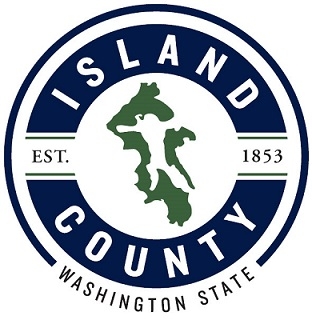
Requested actions
Test for tuberculosis (TB) people newly arrived from Ukraine, within 90 days of arriving in the United States.
- People 2 years or older: Use Interferon-Gamma Release Assay (IGRA) Quantiferon TB-Gold or T-Spot TB.
- Children younger than 2 years: Use tuberculin skin test (TST).
|
Test result |
Action |
|---|---|
|
Positive IGRA or TST |
Order chest X-ray. |
|
Positive IGRA or TST and normal chest x-ray |
Offer and encourage latent TB infection (LTBI) treatment. |
|
Positive IGRA or TST and abnormal chest x-ray | Contact Island County Public Health where the patient lives to report and triage. To arrange TB rule-out testing:
|
Background
Several thousand people fleeing conflict in Ukraine have relocated to Washington State. Because TB rates are much higher in Ukraine, new arrivals must receive TB screening within 90 days of arriving in the United States. The purpose of the screening is to quickly rule out active disease and identify LTBI for which treatment can be offered. Treating LTBI effectively prevents the development of active disease.
- Outpatient workup to rule out active TB disease includes patients with:
- Positive IGRA or TST.
- Abnormal chest X-ray.
- Minimal or no TB disease symptoms.
- These patients require sputum testing to rule out active pulmonary TB disease before starting LTBI treatment.
- The Health Department can coordinate sputum collection and testing for these patients, especially those undergoing immigration health screening, like new arrivals from Ukraine.
- You can refer patients to an infectious disease specialty clinic if you prefer. These clinics may route patients back to the Health Department for sputum testing.
Preferred treatment for LTBI is 4 months of rifampin (10 mg/kg/day, 600 mg maximum). For more information, see latent LTBI treatment guidance in Washington.
You can also find more information about CDC’s Uniting for Ukraine program.
Questions?
Call Island County Public Health
- Main line: (360) 679-7350, Monday–Friday, 8:00 a.m.–4:30 p.m.
- After Hours Communicable Disease Report Line: (360) 678-7270 -or- Washington State Department of Health: (206) 418-5500
